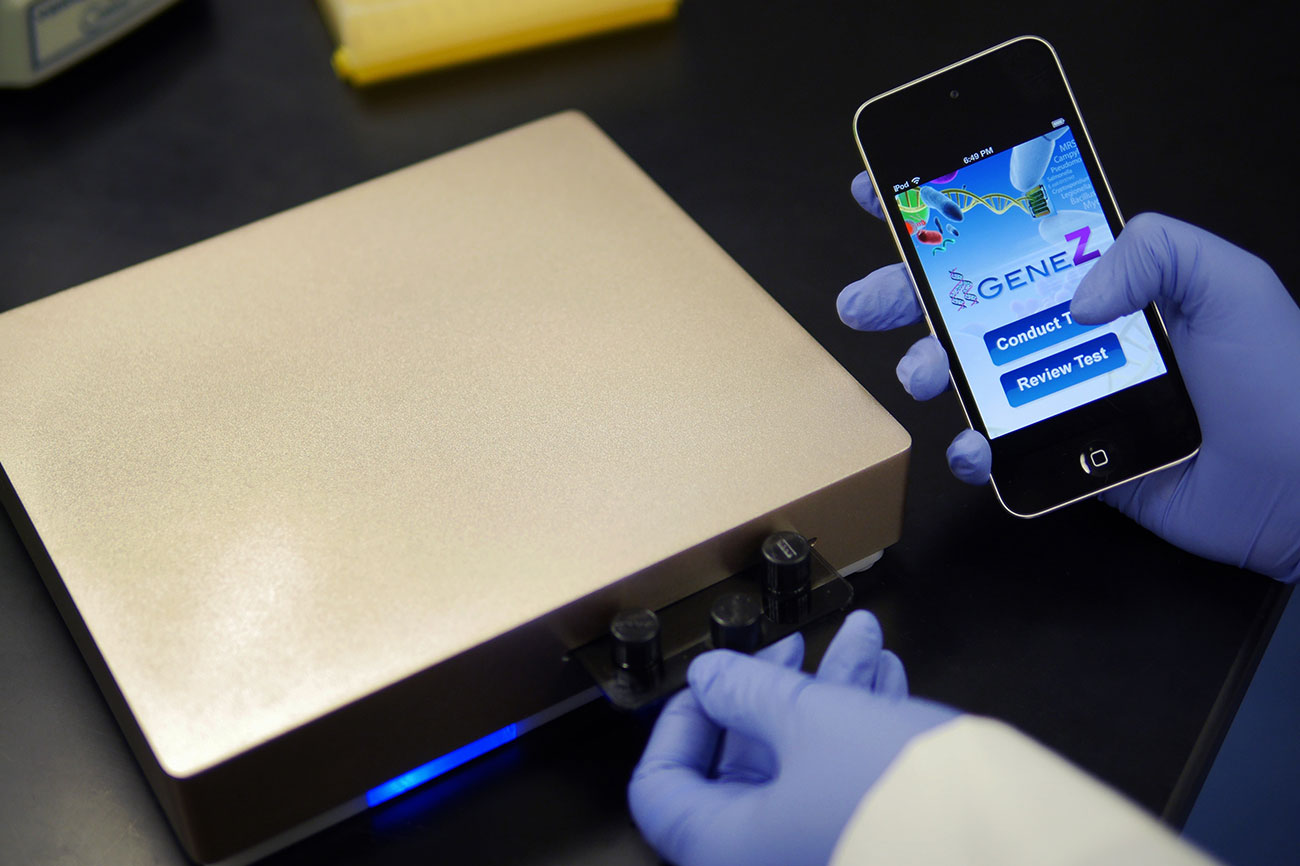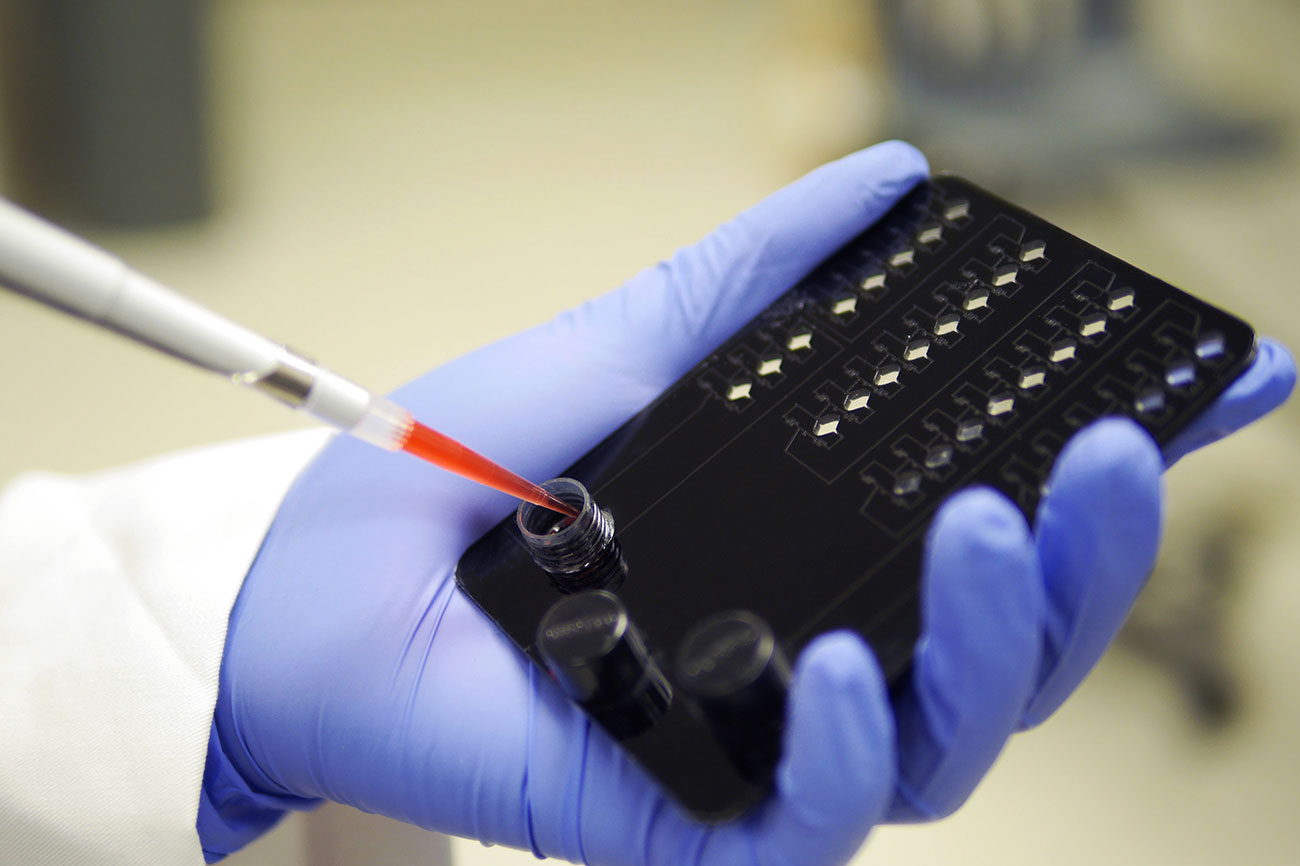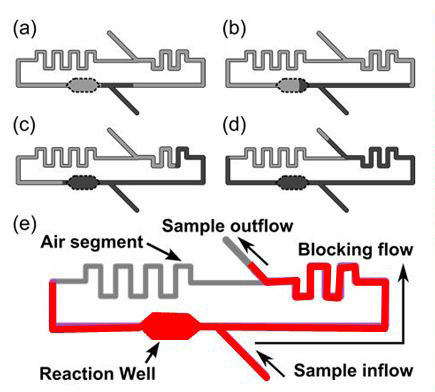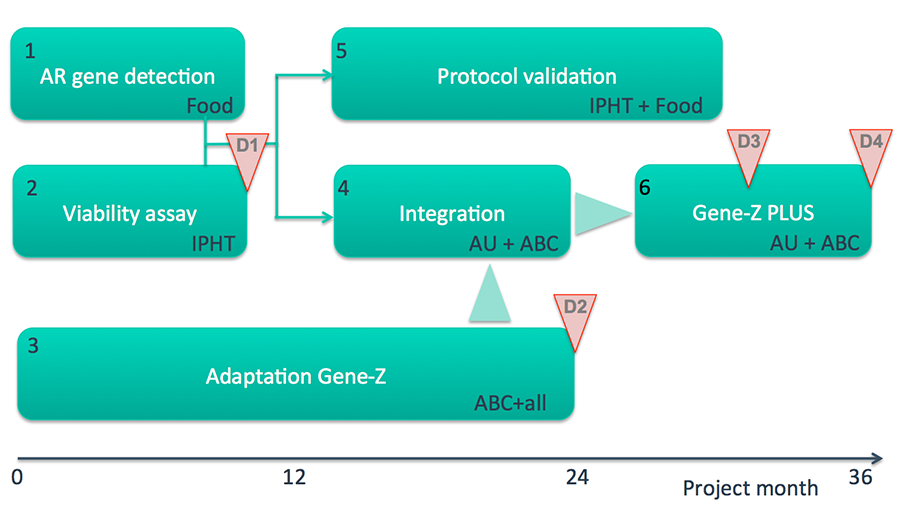DNA Biochip for on-site water pathogen detection including viability and antibiotic resistance testing.
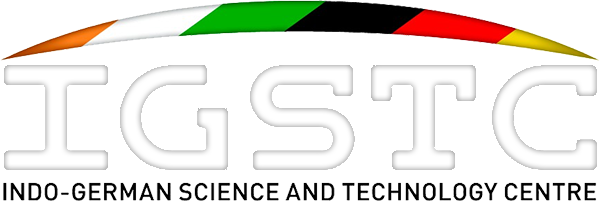
A project of the Indo-German Science & Technology Centre (IGSTC).
DNA Biochip for on-site water pathogen detection including viability and antibiotic resistance testing.

A project of the Indo-German Science & Technology Centre (IGSTC).
October 4-6, 2017
The German partner is organizing the annual meeting of the German Society of Cytometry in Jena (details here)

May 20, 2017
On occasion of the Molecular Plasmonics 2017 conference, the WaterChip consortium met for its kick-off meeting.
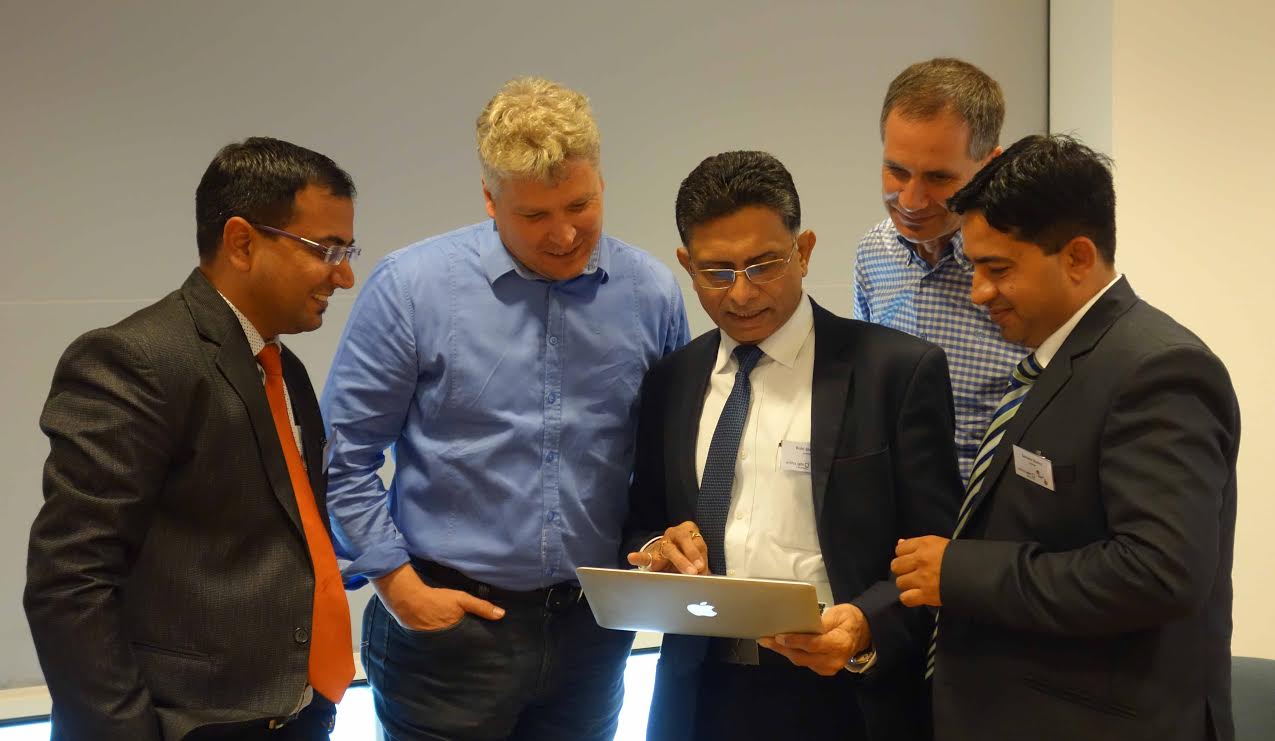
Summer, 2016
Project start.
January 8, 2016
The project application “DNA Biochip for on-site water pathogen detection including viability and antibiotic resistance testing (WaterChip)” is selected for funding.
September 16, 2015
The Pre-proposal “DNA Biochip for on-site water pathogen detection including viability and antibiotic resistance testing (WaterChip)” submitted against IGSTC Call 2015 for 2+2 project has been shortlisted by the Joint Scientific Committee.
Globally, nearly 6,000 children die each day due to water-related illnesses. Treatment-based approaches must be implemented to minimize these deaths. Rapid (< 1 hr) detection platforms covering most waterborne pathogens of concern, their indicators, and associated sources of antibiotic resistance bacteria on a single chip are urgently needed.
Such platforms must be operable under field conditions with personnel requiring minimal training. This proposal focuses on such a multiplexed chip by adapting an already developed robust and low cost platform (Gene-Z) for on-site water pathogen detection. The proposed project has three objectives:
When fully developed and validated, the chip and platform will provide a number of key benefits compared to other existing technologies and approaches including fast results, ease of use, specificity, sensitivity, and low cost. Differentiating characteristic compared to other molecular biology technologies include multiplexing of bacteria and protozoan, use of multiple virulence markers, live vs. dead differentiation, and measurement of antibiotic resistance genes. The consortium combines academic and industry partners with expertise in molecular biology, bioanalytics, and on-site detection technology development.
